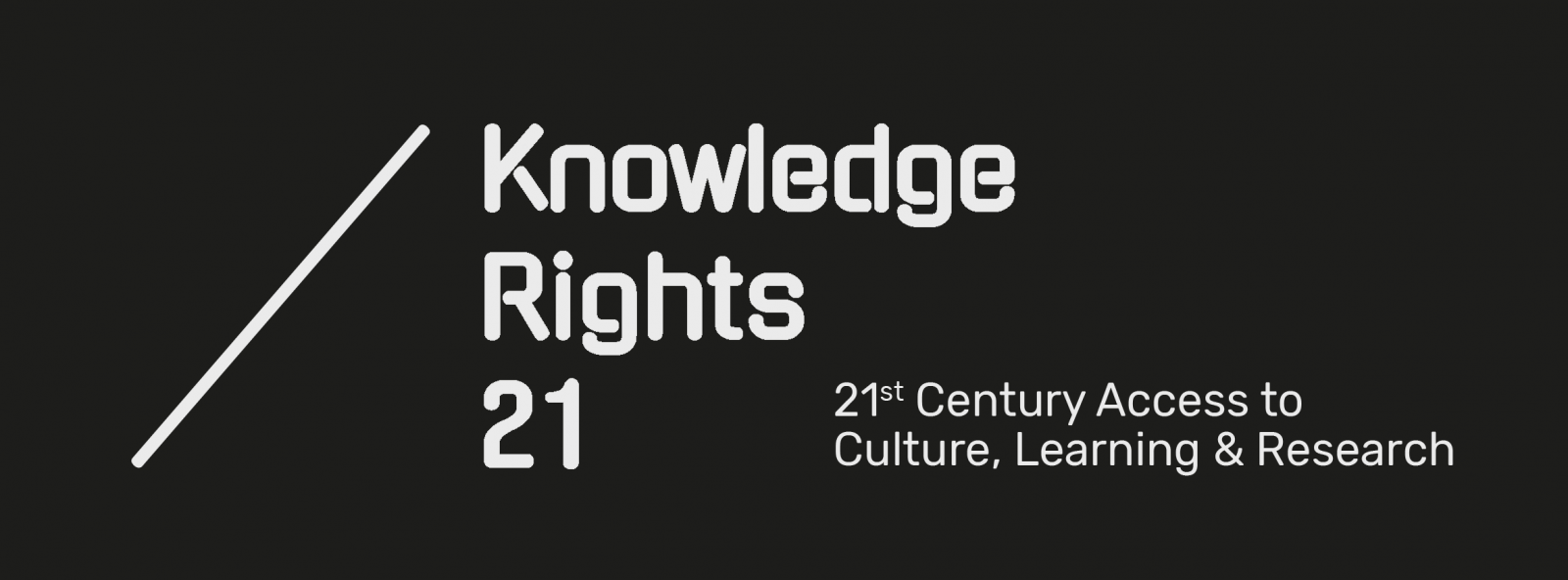Do not miss a valuable webinar
Upcoming webinar (21 April): Flexible Copyright Exceptions II – What can we in Europe learn from the US?
The Knowledge Rights 21 project is organising a second webinar on open norms, or rather copyright exceptions and limitations in the form of open norms. This time, the focus will be on the American “fair use” doctrine, which is open principle-based. The webinar aims to understand how “fair use” supports education, research and technological development in ways that inflexible European copyright systems do not.
The webinar will take place on 21 April 2023 at 16:00 CET.
Register via https://us06web.zoom.us/webinar/register/WN_H8B5Ka76QHmN7J3Aqm2Ipw#/registration.
Copyright exceptions and limitations play a crucial role in supporting innovation and scientific progress. In general, there are two approaches. The first is to set out general principles that users (and courts in the context of decision-making) can apply in existing and new situations. The second, which is used in European countries, is to set narrow definitions of exceptions, which allow users to carry out only predefined tasks.
This inflexible approach to lawmaking in Europe brings significant obstacles to education, research and innovation. The fact is that copyright lawmaking is unable to keep pace with technological development, consequently the lack of flexibility in the norms is holding back technological and scientific progress.
What are the possibilities today, in the light of the European tradition, of returning to a more flexible model that encourages innovation, and what can we learn from analysing the American principle?
The Grand Board of the European Union Intellectual Property Office (EUIPO) finally ruled that the figurative sign ‘COVIDIOT’ cannot be registered as an EU trademark.
The 4th Open Knowledge Day took place on Tuesday 17 October 2023, with an accompanying workshop on 18 October 2023. This year it was organised by the Open Data and Intellectual Property Institute (ODIPI) and supported by Knowledge Rights 21 (KR21).
We invite you to the fourth Open Knowledge Day and the workshop, which will take place this year within the framework of the programme and with the support of Knowledge Rights 21. The event will bring together experts from different European countries to discuss two topics: the first part will deal with the legal basis for data analytics, which is a key part of machine learning and related artificial intelligence, and the general exception for research. In the second part, open science in theory and practice will be presented both in Slovenia and in some Western Balkan countries. Representatives of research and educational institutions from Slovenia and the Western Balkan countries, as well as interested members of the public, are invited to attend.
Dr. Maja Bogataj Jančič, a renowned expert in copyright law, has joined the Berkman Klein Center for Internet & Society at Harvard University, where she will serve as an affiliate researcher for the next two years.





